The Class of '22
Education heading for a crisis as nearly half of UK state school teachers plan to quit by 2027

Education is facing an exodus of teachers.
As accountability intensifies and the average workload grows to unmanageable new heights, UK teachers are leaving in droves, disillusioned with an industry they were once happy and proud to inhabit.
In a poll conducted by the National Education Union (NEU) in April 2022, 44% of state school teachers admitted they plan to flee the profession by 2027.
The survey also found that more than a fifth - 22% - of the 1,788 respondents were keen to leave within just two years, either to early retirement or a career change.
And amongst those eyeing the exit door by 2024, approximately two thirds cited workload as the overwhelming motivation to quit.
Julie Grindel, 57, a former Assistant Headteacher and Consultant of Teaching and Learning who retired in 2020, admitted it is not surprising that so many teachers are planning on checking out.
She said: "Talk about teachers leaving has been in the arena for quite some time - a good five years if not more.
"I wanted to leave because teaching had changed so much. I was tired, I was burnt out and I didn't enjoy it anymore.
"My pension allowed me to leave a profession I'd become exhausted by."
Dr Mary Bousted, Joint General Secretary of the NEU, urged the government "get a grip" on the issues facing teachers.
In her assessment of the data, Bousted said: "The Department for Education must take steps to right the ship, which is currently shedding too many staff and not finding enough to replace them.
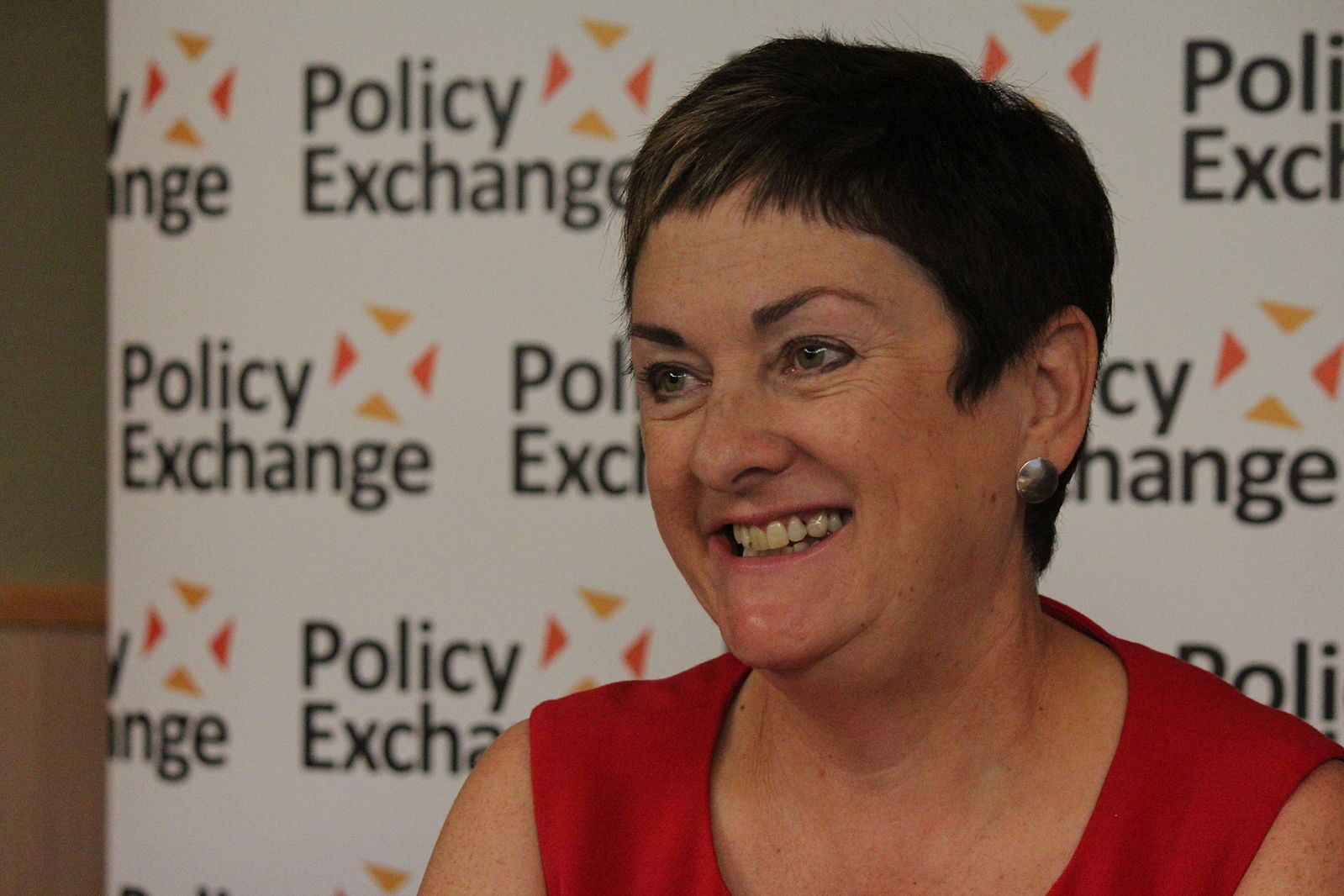
Dr Mary Bousted admitted teaching has become 'unattractive and unsustainable' after assessing April's NEU survey
Dr Mary Bousted admitted teaching has become 'unattractive and unsustainable' after assessing April's NEU survey
"We remain a profession with amongst the highest number of unpaid working hours, and we are still well above the international average for hours worked by teachers.
"This is simply unsustainable and can only lead to burn-out."
When asked to reflect upon workload, a weighty 51% of the respondents stated that theirs was unmanageable, either most or all of the time.
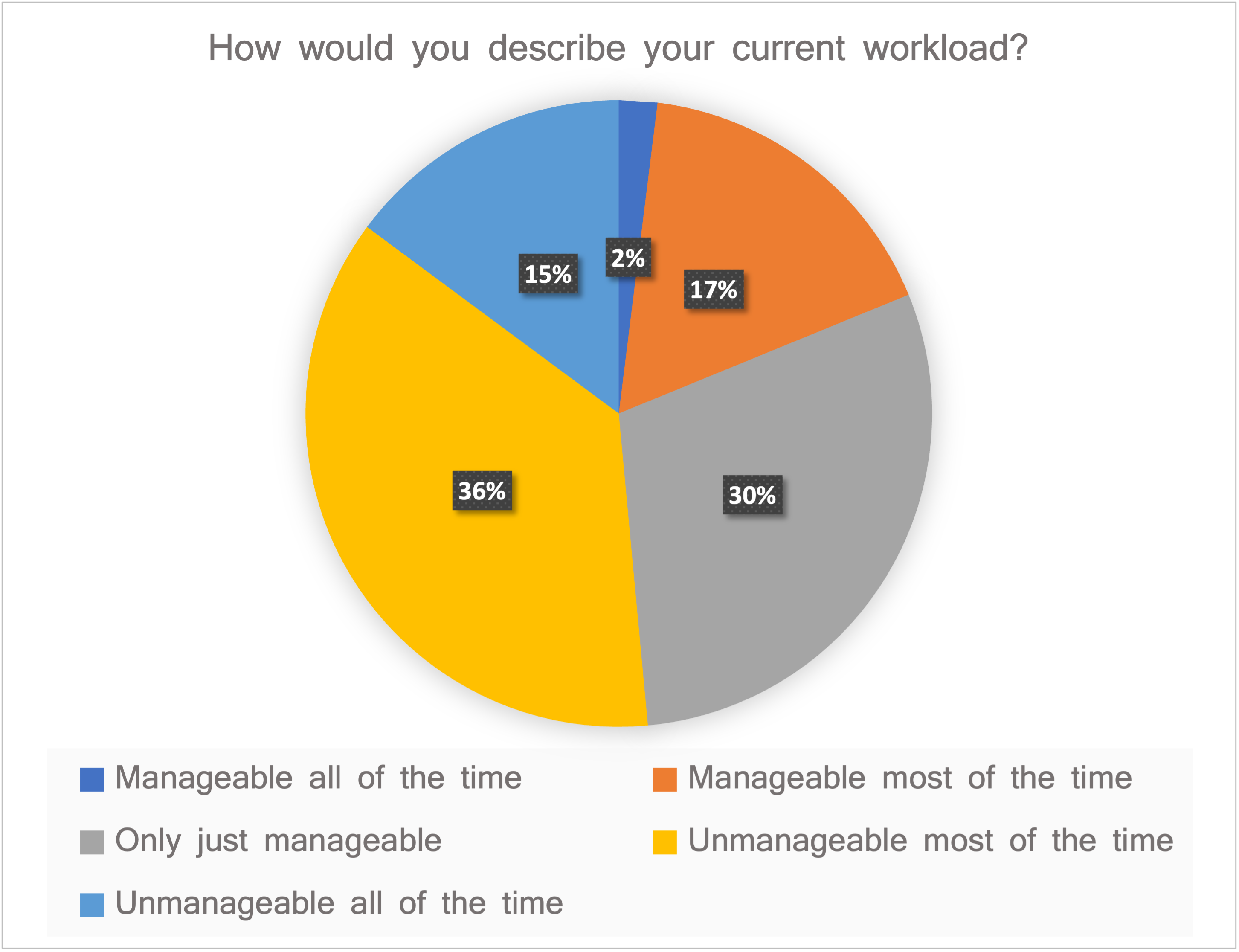

Photo by Kenny Eliason on Unsplash
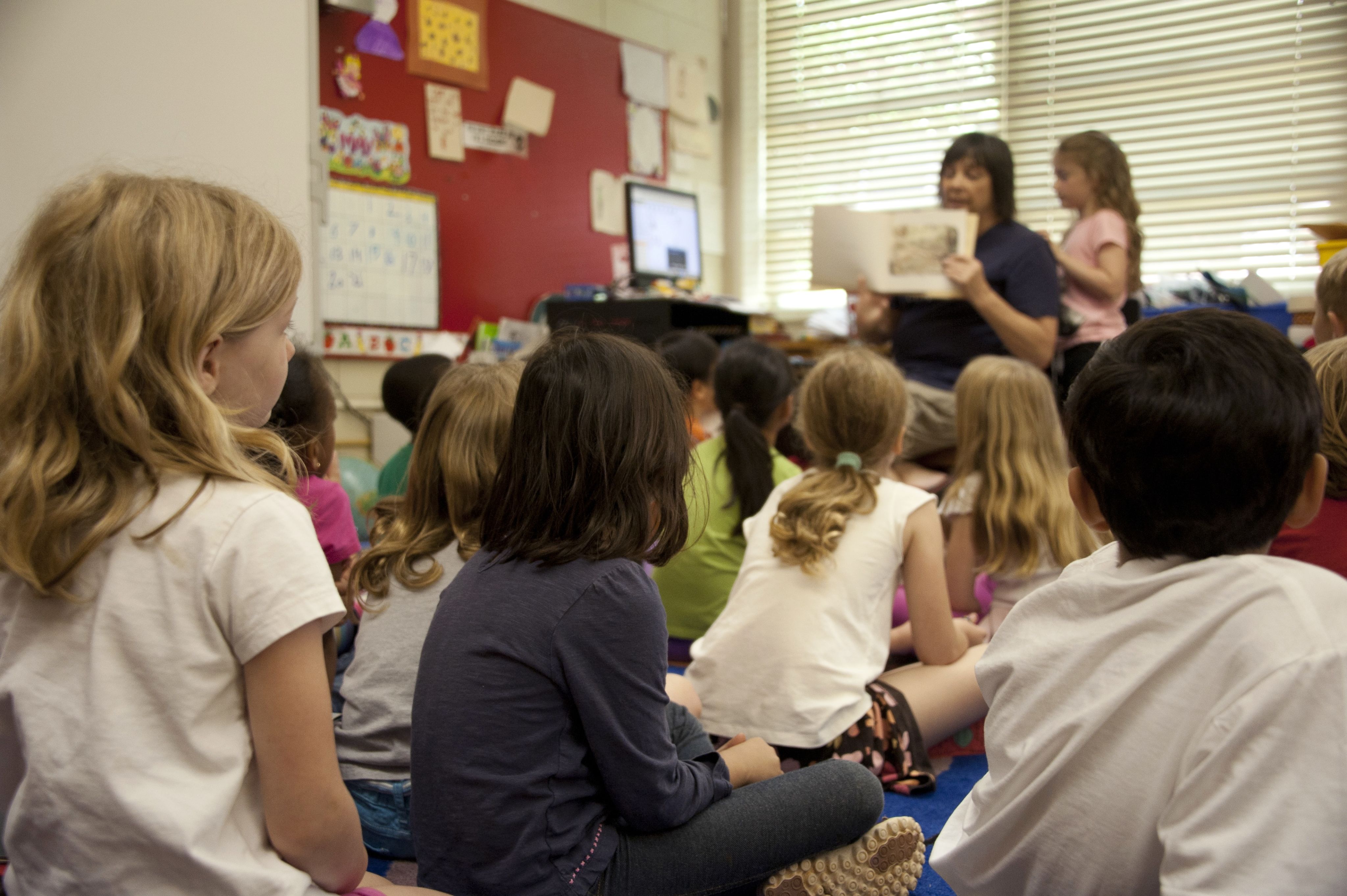
Julie's career
Former History and P.E. teacher Julie Grindel started her career in education in 1987 and retired during 2020.
Plenty changed in that time.
Despite beginning in the private sector, Julie soon made the switch to a state secondary school, before becoming Pastoral Lead of Years 8 and 9.
In 1993, eager to follow the academic route, she took the role of Head of History at another mixed comprehensive school in Chichester.
A few years later, Julie was internally promoted to Head of Faculty at the same school, governing other humanities subjects as well - Geography, R.E. and Philosophy to name a few.
As a result of her experience, she became Assistant Headteacher in 2007 at a community college in Felpham, West Sussex.
During the latter stages of her career, Julie also worked for SSAT (The Schools Network) as a Consultant of Teaching and Learning.
In 2020, she made the decision to retire for both financial and personal reasons.
As her pension scheme was set to change from final salary to average salary in 2020, Julie realised it made more financial sense for her to retire aged 55.
She said: "If I hadn't retired in 2020 and carried on until I was 60, I would have only gained a net of £800 a year."
However, Julie was more than ready to leave teaching, exhausted by the demands of the profession.
Despite retiring a lot earlier than she ever would have expected at the start of her career, Julie now sees the decision as leaving teaching for new pastures.
"I didn't plan on retiring at 55. But by 2019, I was absolutely burnt out."
"Elements of the teaching were becoming a complete chore for me."
"I was lucky. My pension was my passport to leave."
State of Education: NEU survey
The NEU survey received 1,788 responses from English state school teachers between February 24 and March 8 2022.
“I am desperate to get out of education due to workload, constant monitoring and paperwork.”
“It's impossible and unbearable, and teaching staff are having to give up PPAs to cover things. More work piled onto an already inflexible and unbearable workload.”
“Everything is pared to the bone. We have increased leadership responsibilities but our time to carry this out has been axed. Classes are covered by teaching assistants on a regular basis, as if this is perfectly satisfactory."
Speaking to the Guardian, a Department for Education spokesperson responded: “We recognise the pressure that staff in schools and colleges have been under and are enormously grateful to them for their efforts, resilience, and service now and throughout the Covid-19 pandemic.
“Teaching remains an attractive and fulfilling profession. The number of teachers in our schools remains high, with more than 461,000 teachers working in schools across the country – 20,000 more than in 2010.
“We have taken and will continue to take action to improve teacher and leader workload and wellbeing, working proactively with the sector to understand the drivers behind such issues and improve our policies and interventions.”
The Department for Education have been contacted for further comment.
Why is workload so unmanageable?
State school teachers describing workload as unmanageable all or most of the time increased to 52% - up from 35% in 2021.
According to the poll, 65% of teachers planning to leave the classroom in two years selected workload as the main reason to quit.
Other popular motivations were that education is "not valued or trusted by the Government and media" (38%) as well as accountability (35%).
On top of teaching a general day-to-day timetable to students, teachers must also mark student work, plan lessons and input data out of hours, amongst other responsibilities.
According to Julie, tackling the teacher's workload-wellbeing balance would significantly improve the retention crisis.
She explained: "From my experience of why young teachers have left, it's all because of workload.
"There is too much pressure on them for progress and performance management - they're tired after two years.
"Their life gets taken away and they no longer have time to do the things they want to do outside of school, which is going to improve their wellbeing and mental health.
"I also think pay is an issue for them - they don't feel they get paid enough for the work they do."
Low pay was cited as a key reason to quit the profession by 25% of the survey.
Julie added: "Pay is an issue until you compare it to other public sectors like nursing.
"Of course, teachers don't earn as much as lawyers or workers in the private sector - although they do get a good pension.
"But with so many teachers leaving the profession, pay is clearly an issue.
"In particular, the standard classroom teacher needs to get paid more - they're the ones educating our children."
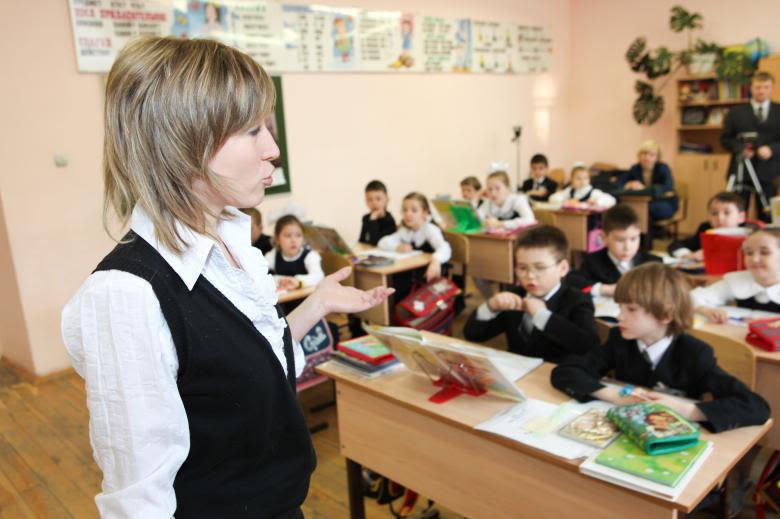
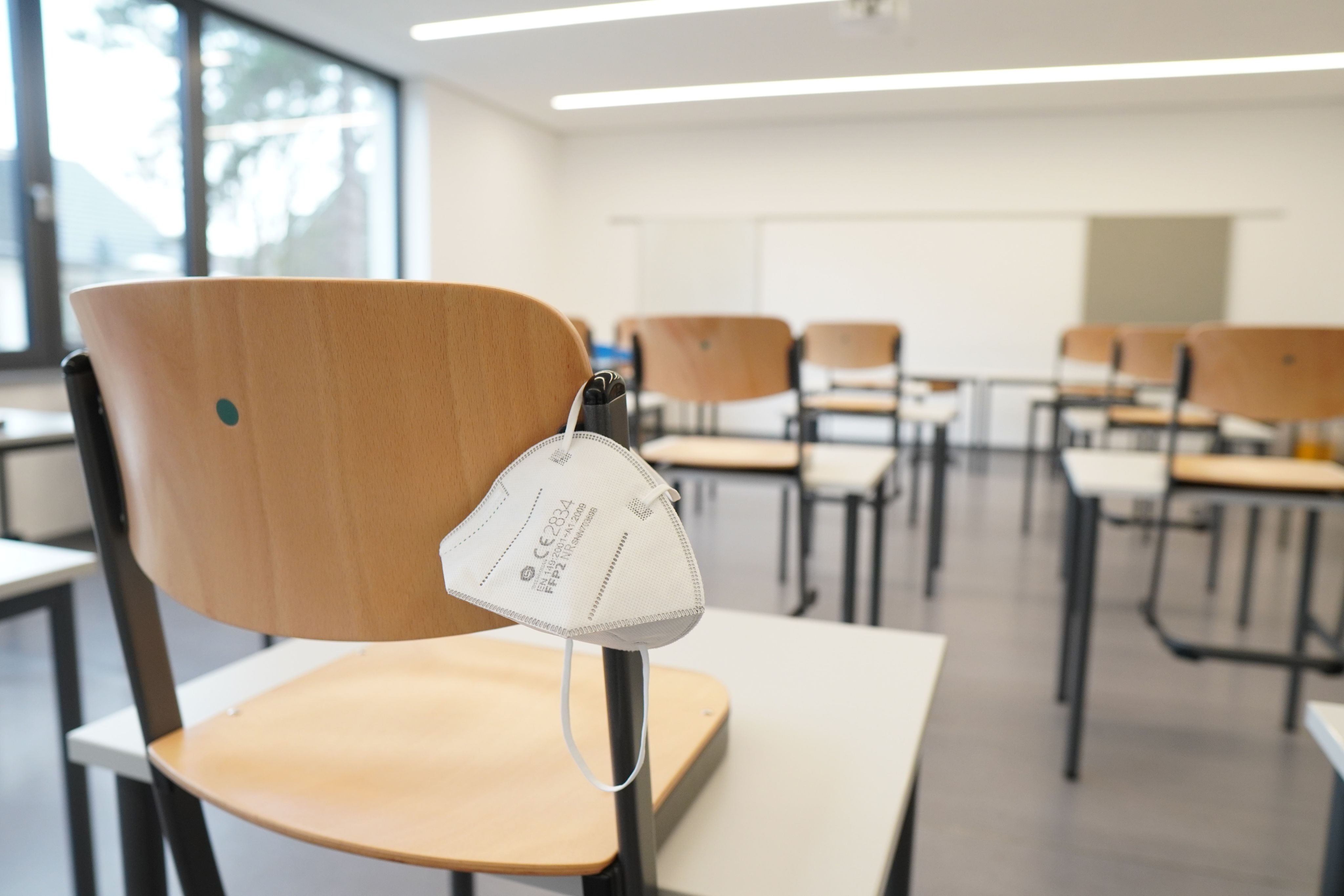
What's next?
Although there is no direct plan to solve the workload predicament, the NEU is calling for Ofsted to be scrapped, in a bid to reduce strain on schools and staff.
Pioneered by Dr Bousted, the union launched a #ReplaceOfsted petition to Education Secretary Nadhim Zahawi in April.
However, it remains apparent that issues in education transcend the looming threat of Ofsted's Big Brother inspections.
Bousted's new book published on April 8 2022, entitled Support Not Surveillance: How to solve the teacher retention crisis, attests that the Government has a deep-rooted lack of understanding when it comes to the demands of a classroom teacher.
As far as retention is concerned, it seems the Government must address the crisis now if they wish to plug an already sinking ship.
"The crisis in teacher supply will continue until the Government and its agencies understand and acknowledge the complexity and skill of the work that teachers do - until pointless, exhausting work is eliminated from teachers working lives."
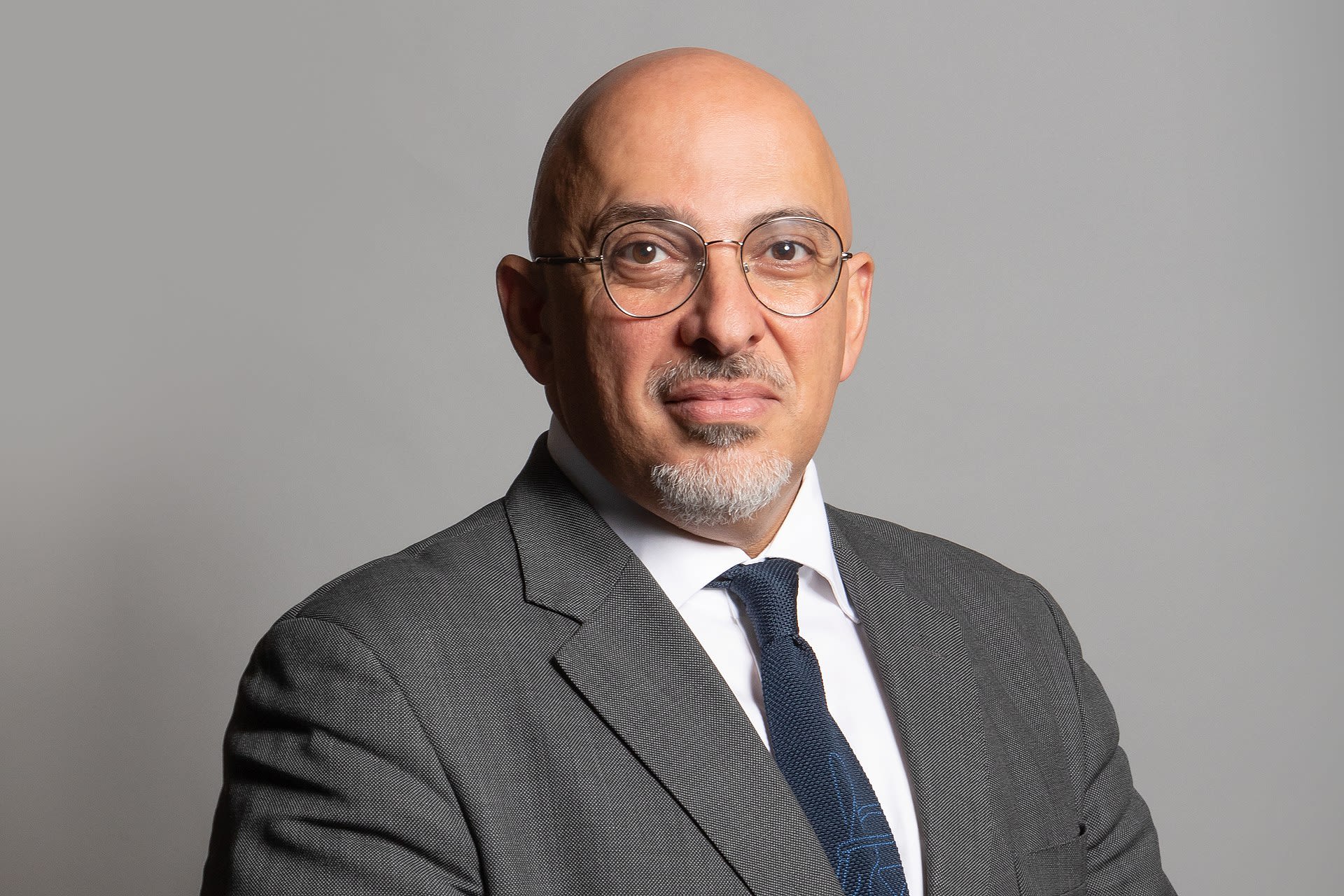
Nadhim Zahawi took over from former Secretary of State for Education Gavin Williamson in September 2021
Nadhim Zahawi took over from former Secretary of State for Education Gavin Williamson in September 2021
The @NEUnion wishes you a very #UnhappyBirthdayOfsted!
— National Education Union (@NEUnion) May 6, 2022
It's time to #ReplaceOfsted and #LetTeachersTeach👉 https://t.co/eY4fXpeXTT
Watch @MaryBoustedNEU outside @Ofstednews HQ here 👇 pic.twitter.com/QIIuXevnoj
Image credits
Arren Mills, Kenny Eliason, Policy Exchange, CDC, 2happy, Marco Fileccia, Richard Townshend, Marco Verch

Quiz
Data from a survey carried out by the NASUWT (National Association of Schoolmasters Union of Women Teachers) showed similar results.
The survey ran from mid-December 2021 to early January 2022 and had 11,857 responses.
